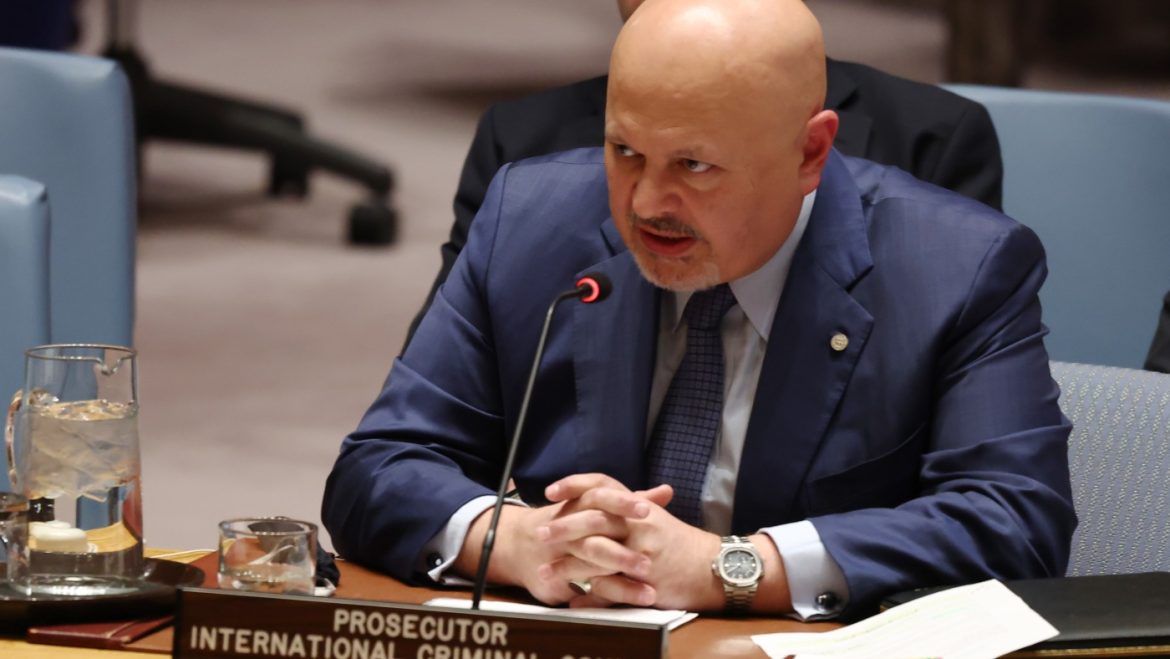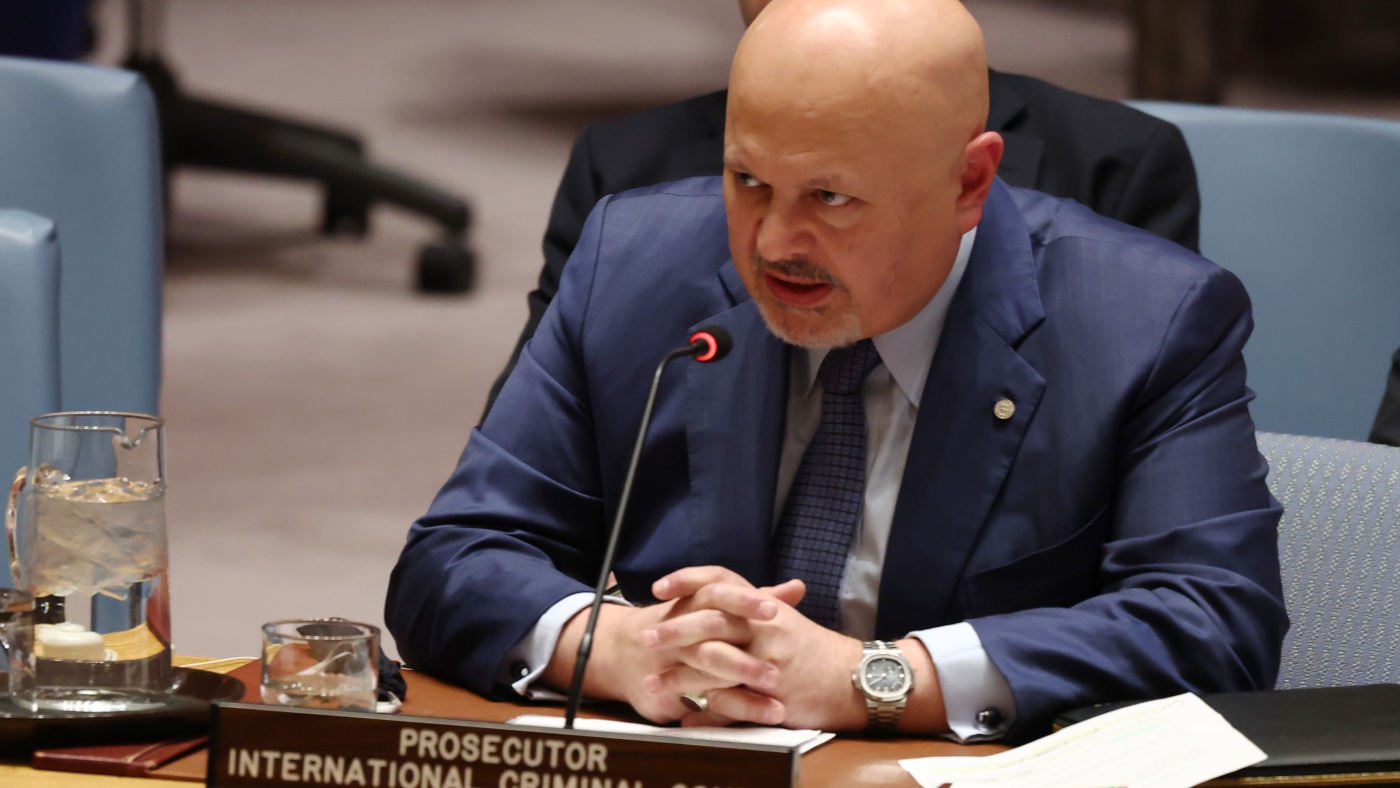ICC Chief Prosecutor Karim Khan Steps Aside Amid Sexual Misconduct Investigation
The International Criminal Court’s (ICC) chief prosecutor, Karim Khan, has taken a temporary leave of absence as an external United Nations investigation into allegations of sexual misconduct against him approaches its final stages. This unprecedented development in the ICC’s leadership comes amid growing scrutiny of Khan’s conduct and has implications for the court’s credibility amid ongoing high-profile war crimes investigations.
Background: Karim Khan and His Role at the ICC
Karim Ahmad Khan, a British lawyer with a distinguished career in international criminal law, was appointed ICC chief prosecutor in 2021. In this role, he has pursued war crimes cases involving global conflicts, including investigations into alleged crimes by leaders of Israel and Russia. His position is crucial for the enforcement of international justice, holding perpetrators accountable for war crimes, genocide, and crimes against humanity.
The Sexual Misconduct Allegations and Investigation
The allegations against Khan were serious enough to prompt a formal inquiry led by the United Nations Office of Internal Oversight Services (OIOS). The accusations reportedly involve claims of sexual misconduct and attempts to suppress these claims, as well as alleged retaliation against the complainant.
The investigation was initiated in late 2023 and has since undergone multiple phases, with sources indicating that investigators are nearing the conclusion of their work. The inquiry seeks to establish the validity of allegations that Khan engaged in inappropriate conduct, including accusations that he attempted to deter or retaliate against the accuser. Internal ICC sources have confirmed that following earlier internal concerns and an internal inquiry, the matter escalated to an external probe.
Khan’s Decision to Step Aside
On Friday, the ICC announced that Karim Khan would temporarily step down from his prosecutorial duties pending the outcome of the investigation. This decision appears to have been made by Khan himself, as detailed in a letter he sent to ICC staff indicating he had been reviewing his position given the ongoing probe.
The court confirmed that during Khan’s absence, his deputy prosecutors would assume responsibility for the ICC’s prosecutorial functions. Official statements emphasize that the leave will last until the external investigation is completed, signaling a full cooperation stance from Khan, who has publicly denied the allegations and called for an immediate inquiry into the matter.
Impact on the ICC and International Justice
This development poses a significant challenge to the ICC at a time when it is handling highly sensitive and politically charged cases. The ICC’s legitimacy depends heavily on the perceived integrity and accountability of its leadership, especially as it pursues justice in scenarios involving powerful nations and contentious conflicts.
Karim Khan’s leave raises several concerns:
– Credibility: The allegations and ensuing investigation may dent the ICC’s image, fueling critics who question the impartiality and accountability of international judicial bodies.
– Operational Continuity: With Khan stepping aside, the court’s prosecutorial work is temporarily overseen by deputies. While the ICC has systems to maintain operations, leadership transitions can affect strategic momentum and influence ongoing cases.
– Internal Morale and Trust: The case reportedly involves internal accusations and concerns about Khan’s behavior, potentially impacting staff morale and trust within the institution.
Broader Context: Accountability Within International Institutions
Accusations of sexual misconduct in international organizations have increasingly drawn attention in recent years, highlighting the importance of transparent investigations and consequences irrespective of rank. The ICC, which prosecutes violations of international law, faces heightened scrutiny to uphold these standards internally.
The UN-led investigation into Khan’s conduct reflects a broader push to ensure accountability mechanisms within global bodies function effectively, demonstrating that even senior officials are not beyond reproach.
Possible Outcomes and Next Steps
The investigation’s final report, anticipated soon, could lead to multiple scenarios:
– Exoneration: If allegations are found unsubstantiated, Khan may return to his position with reassurances of cleared reputation.
– Disciplinary Action or Resignation: Substantiated claims might lead to formal disciplinary measures or Khan’s resignation to preserve the ICC’s integrity.
– Policy Reforms: Regardless of the findings, this episode could prompt reforms in the ICC’s internal oversight and complaint-handling procedures to prevent future misconduct.
The ICC announced plans to hold a press conference to address the matter in due course, reflecting the need for transparent communication with the public and stakeholders.
—
Conclusion: A Pivotal Moment for the ICC’s Integrity and Justice Mission
Karim Khan’s temporary departure amid a sexual misconduct investigation marks a critical juncture for the International Criminal Court. As an institution devoted to justice at the highest level, the ICC must navigate this crisis with openness, thoroughness, and commitment to accountability. The outcome of the investigation will have lasting repercussions not only for Khan and the court’s leadership but for the broader international justice system’s credibility.
This moment underscores the complex intersection between personal conduct and professional duty in international law enforcement—reminding us that the pursuit of justice must begin with sincerity and integrity at home. How the ICC manages this challenge may well define its moral authority and ability to hold others accountable in a turbulent global landscape.


